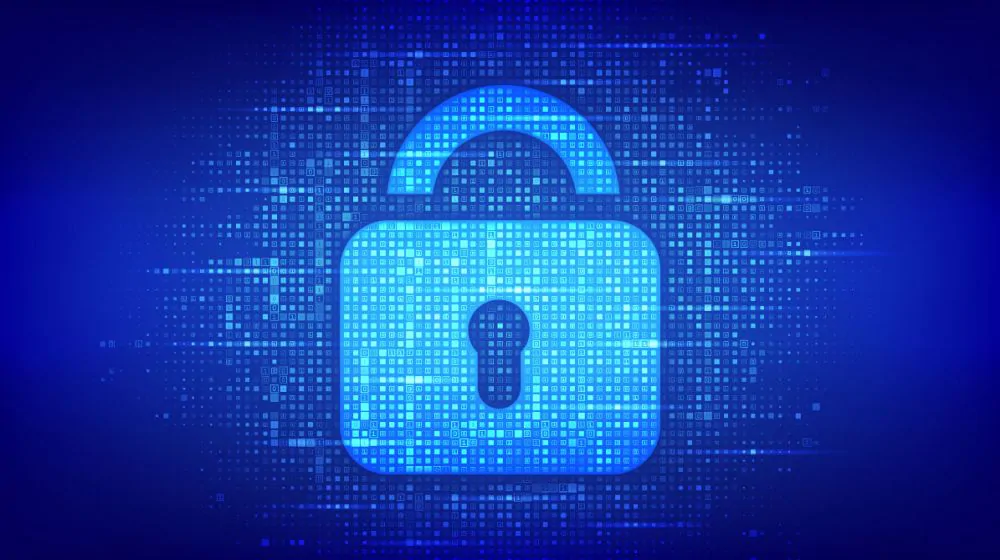The psychology of cybercriminals is a fascinating and complex field that has gained significant attention in recent years. Computer forensics experts, with their unique insights into the minds of cybercriminals, have provided valuable understanding of the psychological factors that drive individuals to engage in malicious online activities. Through the analysis of digital evidence, these experts have shed light on the motivations, behaviors and mindset of cybercriminals, offering crucial insights into their psychological makeup. One key aspect that computer forensics experts have highlighted is the anonymity factor in cyberspace. The internet provides a veil of anonymity, allowing cybercriminals to operate without fear of immediate consequences. This anonymity not only emboldens individuals to commit illegal activities but also contributes to the creation of an altered online identity. Through the mask of a screen name or avatar, cybercriminals can distance themselves from their real-world persona, fostering a sense of detachment and reducing inhibitions.

Another important psychological factor is the allure of power and control. Many cybercriminals derive satisfaction from exerting control over others or manipulating technology to their advantage and investigate this page https://lifeviewresources.com/. The ability to infiltrate secure systems, compromise sensitive data or cause disruption provides them with a sense of power and accomplishment. This desire for control, coupled with the potential for financial gain, drives cybercriminals to develop and deploy sophisticated hacking techniques and social engineering tactics. Furthermore, computer forensics experts have uncovered the role of cognitive biases in the decision-making processes of cybercriminals. These biases, such as overconfidence and the illusion of superiority, can lead individuals to underestimate the risks of their actions and overestimate their abilities to evade detection. Cybercriminals often exhibit a skewed perception of their own competence, believing they are smarter and more skilled than their victims or law enforcement agencies. This cognitive bias reinforces their motivation to engage in illegal activities as they perceive themselves as untouchable and immune to consequences.
Additionally, the anonymity and global reach of the internet enable cybercriminals to exploit a wider pool of victims. They can target individual’s organizations or even nations indiscriminately, without having to face the immediate consequences of their actions. This broad scope allows them to capitalize on vulnerabilities in various systems, prey on unsuspecting users and extract personal information or financial resources. The sheer scale of potential victims provides cybercriminals with a constant source of gratification, reinforcing their motivation to continue their criminal endeavors. In conclusion, computer forensics experts have provided valuable insights into the psychology of cybercriminals. The anonymity factor, the allure of power and control, cognitive biases and the broad scope of victims all contribute to the complex psychological landscape in which cybercriminals operate. Understanding these psychological factors is crucial in developing effective strategies for preventing and combating cybercrime. By unraveling the motivations and mindset of cybercriminals, computer forensics experts play a vital role in the ongoing battle to secure the digital realm.
